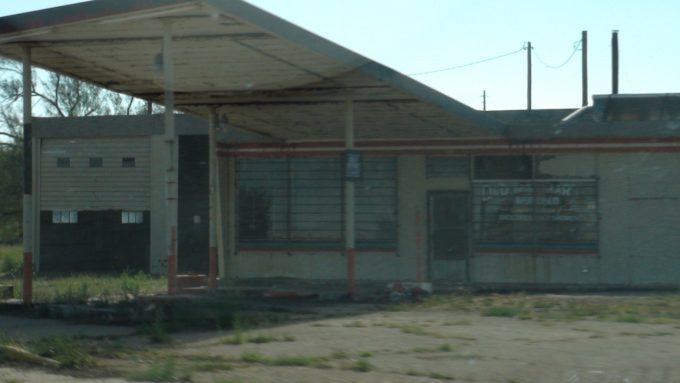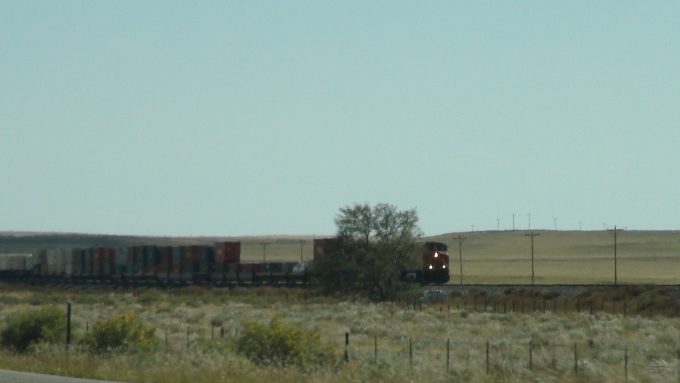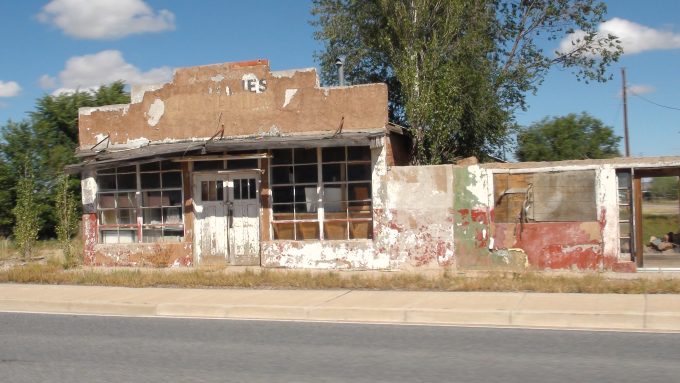
Wednesday, 30 January 2019
…from that time waiting till His enemies are made His footstool. Hebrews 10:13
Here we have a term, footstool, which is drawn from Psalm 110 –
The Lord said to my Lord,
“Sit at My right hand,
Till I make Your enemies Your footstool.” Psalm 110:1
This was then used by the author in Chapter 1 –
But to which of the angels has He ever said:
“Sit at My right hand,
Till I make Your enemies Your footstool”? Hebrews 1:13
However, the thought is also essentially repeated in 1 Corinthians 15, a passage which is necessary to understand what is on the author’s mind –
“But now Christ is risen from the dead, and has become the firstfruits of those who have fallen asleep. 21 For since by man came death, by Man also came the resurrection of the dead. 22 For as in Adam all die, even so in Christ all shall be made alive. 23 But each one in his own order: Christ the firstfruits, afterward those who are Christ’s at His coming. 24 Then comes the end, when He delivers the kingdom to God the Father, when He puts an end to all rule and all authority and power. 25 For He must reign till He has put all enemies under His feet. 26 The last enemy that will be destroyed is death. 27 For ‘He has put all things under His feet.’ But when He says ‘all things are put under Him,’ it is evident that He who put all things under Him is excepted. 28 Now when all things are made subject to Him, then the Son Himself will also be subject to Him who put all things under Him, that God may be all in all.” 1 Corinthians 15:20-28
The idea presented now in Hebrews is that the words, “from that time,” are speaking of the words of the previous verse which spoke of Christ’s one-time sacrifice for sins which was then followed by His sitting down at the right hand of God. He is at the position of all power and authority, and yet He has not yet subdued all of His enemies. Thus, from the time He sat down, He is “waiting.” Christ is not repeating His sacrifice. Instead, that is complete, and its effects are ongoing for any and all who will but receive Him. Further, they are on-going for Israel collectively to also receive Him. After those numbers are filled, there is still one more aspect of His waiting, which is that He will continue to wait until “His enemies are made His footstool.”
The enemies referred to are found first in Revelation 19, and include the beast and the false prophet. They will be cast into the lake of fire burning with brimstone. Those joined with them will be “killed with the sword.” This will then usher in the millennial reign of Christ. But this is not the completion of subduing His enemies. In Revelation 20, it then notes that the enemies of God will be destroyed by fire and then the devil will be cast into the lake of fire and brimstone. After a final judgment on all humanity is completed, Death and Hades will be cast into the lake of fire.
There is a long process ahead which will be played out in redemptive history. Until that is complete, the plan will continue. Only when “His enemies are made His footstool,” meaning being brought into complete subjugation, will the process be fully complete.
Life application: Jesus is, even now, seated at the right hand of God, meaning all authority, all power, all honor are His, and all allegiance is due Him. However, the concept of a footstool is included here to indicate the ongoing nature of bringing the world back to the original state in which it was created – with complete obedience to God and fellowship with Him. When we sit, our work is done, but when we use a footstool, total peace has been achieved. The world we see now isn’t in total peace. It continues to strive against the risen Christ. However, one day He will return and destroy all wickedness. As Matthew Henry said, “Christ’s enemies shall be made his footstool; some by conversion, others by confusion; and, which way soever it be, Christ will be honoured.”
Heavenly Father, because of Christ we look forward with anticipation to that glorious day when there will be no more strife, no more anxiety, no more loss or pain or death. Instead, we will live in Your presence forevermore – perfectly content in all Your glory! May that day be soon! Thank You for the sure promises we have because of Christ our Lord. Amen.




